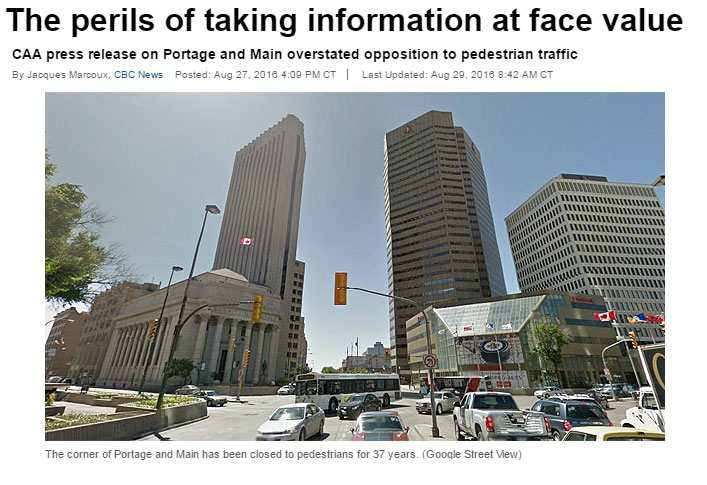 write@uni
write@uniPreparing for successful academic writing
2.10 When critical thinking is absent
Things are not always what they seem at first sight; we can easily jump to conclusions and be deceived by first impressions. Click on and read the following news article to learn about the dangers of failing to look at information with a critical eye.
"Student critical writing is often weakened by a lack of sustained and close attention to detail in one or more stages of the critical process. Improving your ability to pay attention to detail, selectively and at speed, is likely to have benefits for your study and assignments." (Cottrell, 2011, p. 17) |
As shown in the news article, thinking analytically requires breaking an issue down into its constituent parts and looking at it more closely. It involves:
• Looking at information objectively and examining it from different perspectives.
• Checking the logic and strength of the argument(s) and evidence provided.
• Identifying flaws or gaps in the line of reasoning.
• Checking for any persuasive language used to convince the reader.
In the academic context, cultivating a critical, inquisitive mind will help you make more accurate interpretations of information and ideas you encounter.




